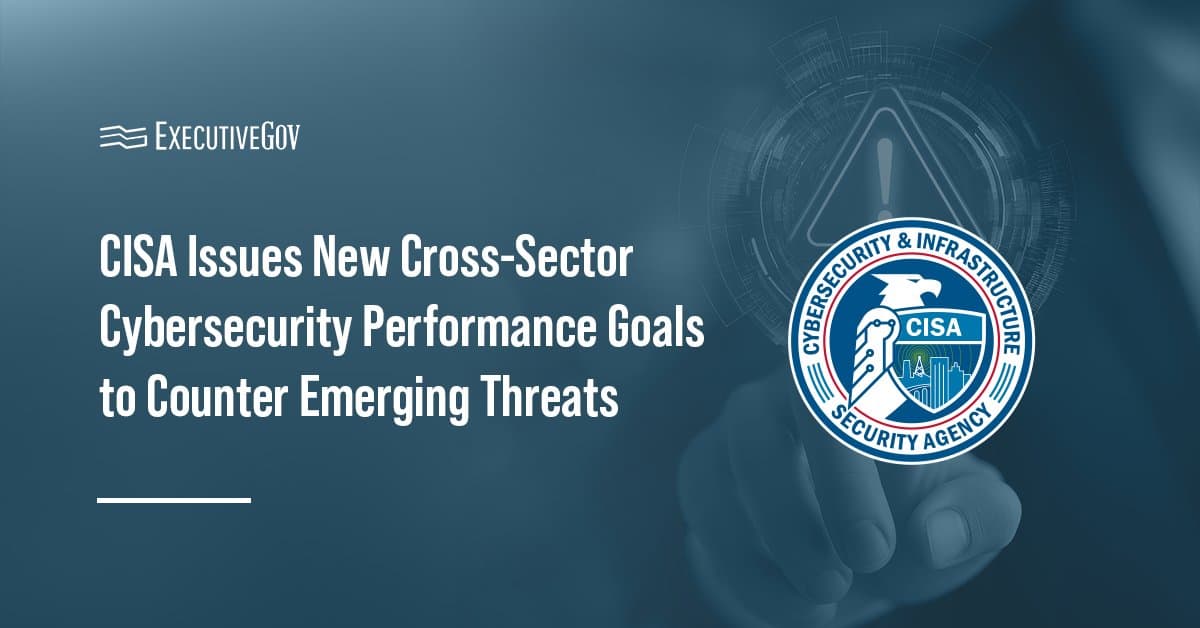Researchers at the National Renewable Energy Laboratory developed a 5G testbed in a replicated military microgrid and found that the newest generation of wireless technology could support distributed controls and improve security and resilience of power systems.
NREL said Friday the Department of Defense’s Office of the Under Secretary of Defense for Research and Engineering funded the 5G research project under the FutureG program.
A microgrid controller crash and recovery, congestion from other network devices and unsecure foreign-operated network traffic were among the scenarios tested during the study.
“Our test scenarios were not only about controlling the power grid and microgrids for resilience but also about powering the 5G network itself. If we can keep the grid running for resilient power, that in turn keeps the communications network operational,” said Brian Miller, electric power systems engineering lead.
According to Miller, network traffic prioritization, private slicing and edge computing worked out when they evaluated 5G in the test microgrid.
“We could operate flawlessly with this network; for example, prioritization allowed us to preempt even when communication traffic was maxed out, so that it’s like having dedicated access to critical systems,” he added.
NREL researchers published their findings in a report titled 5G Securely Energized and Resilient.





